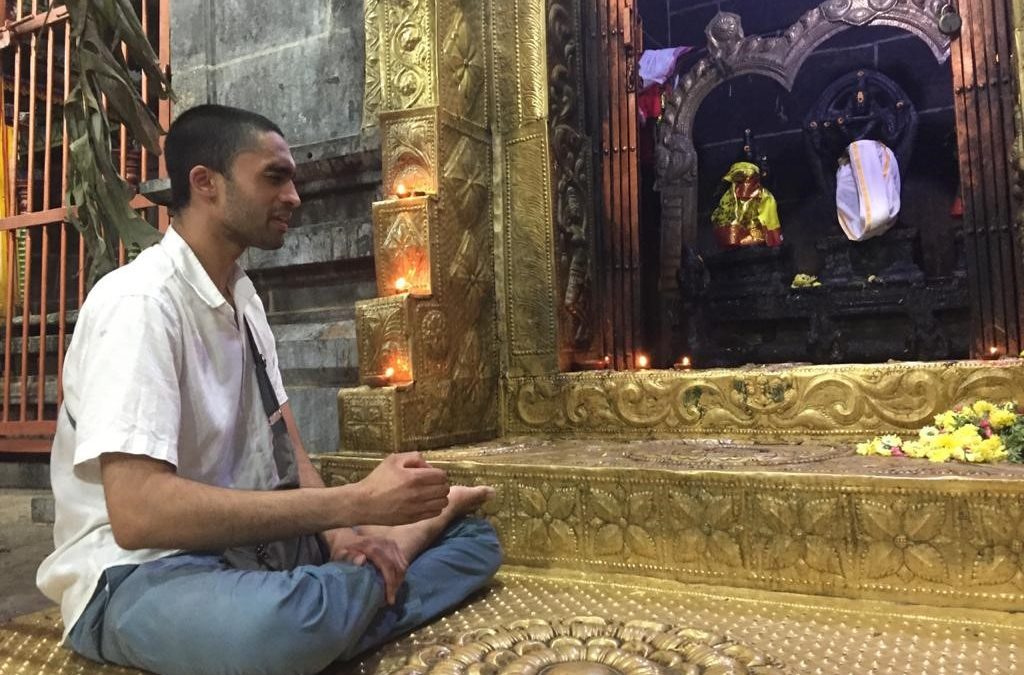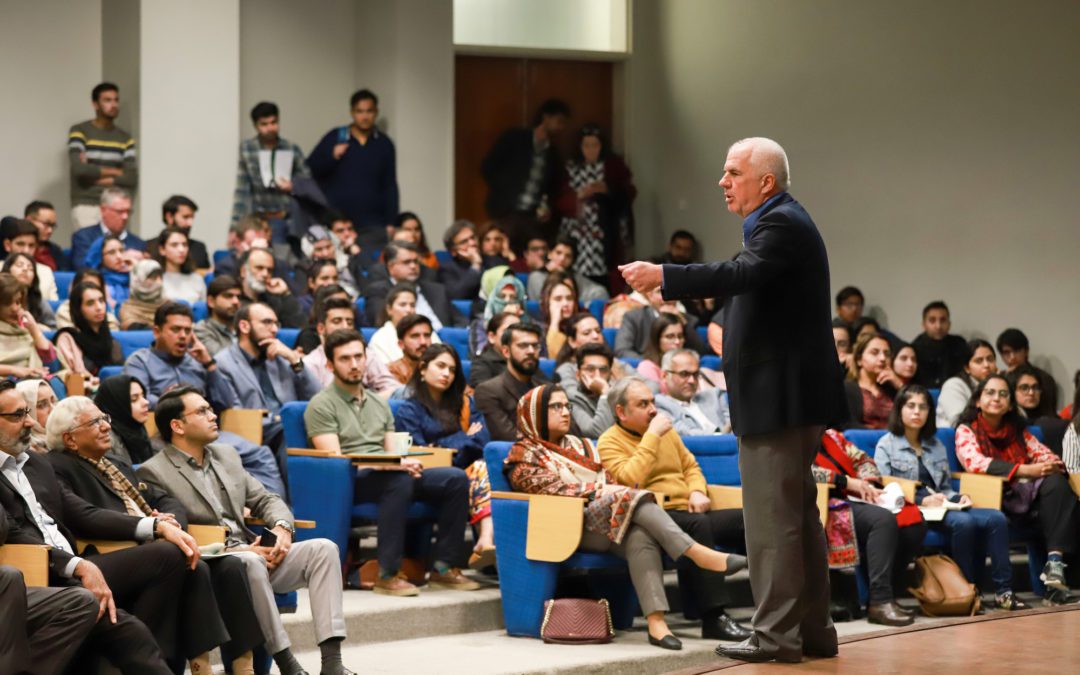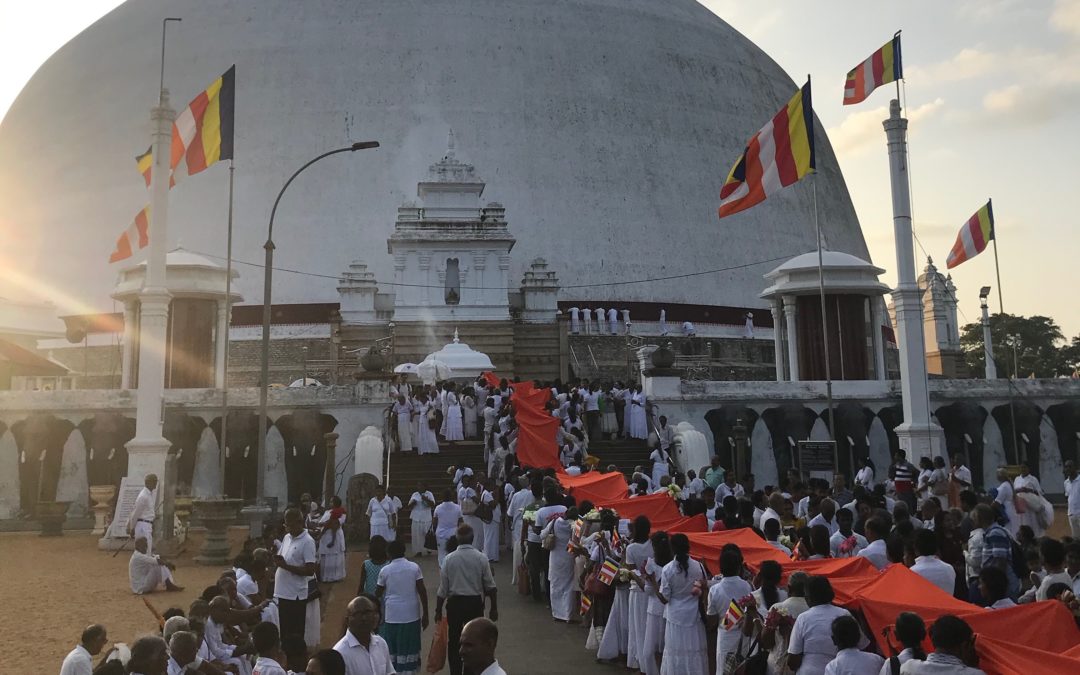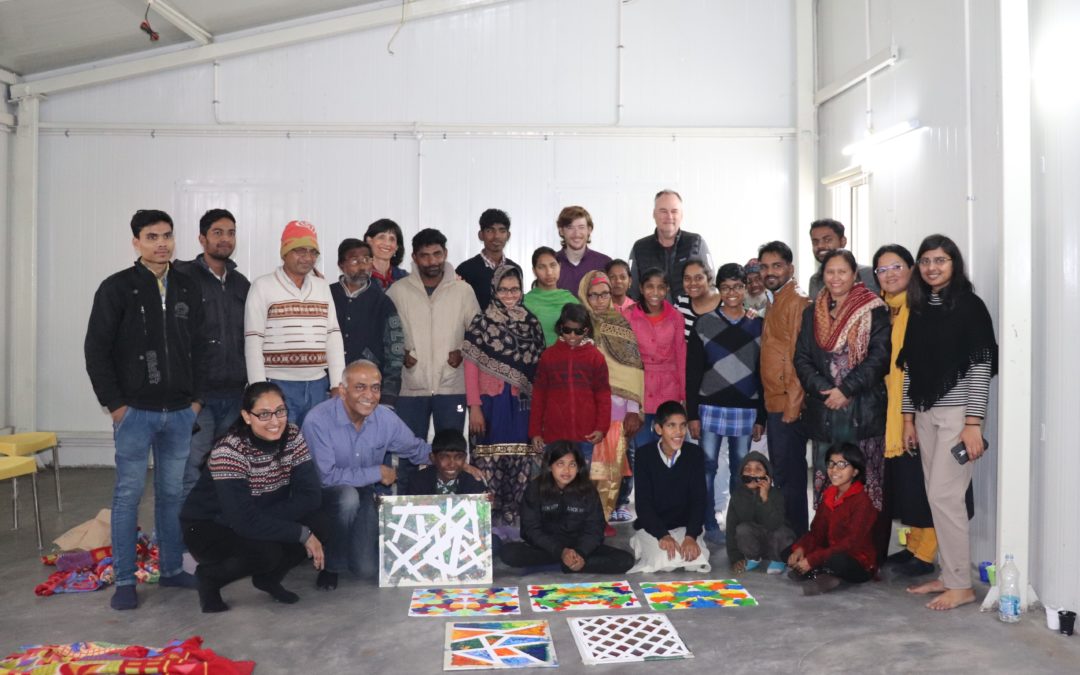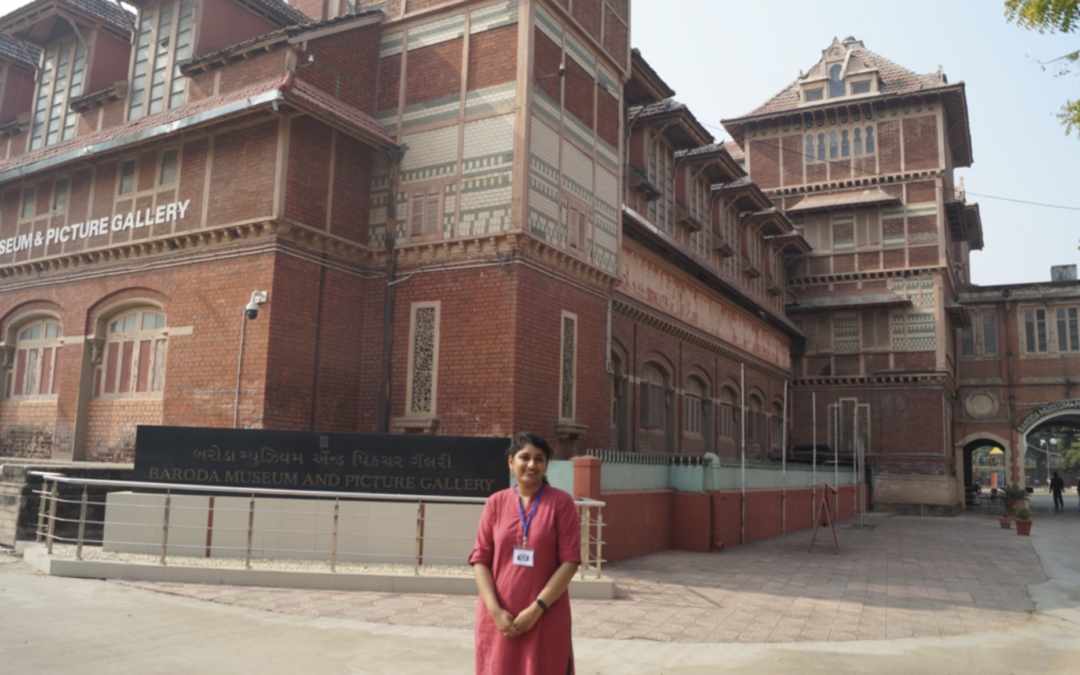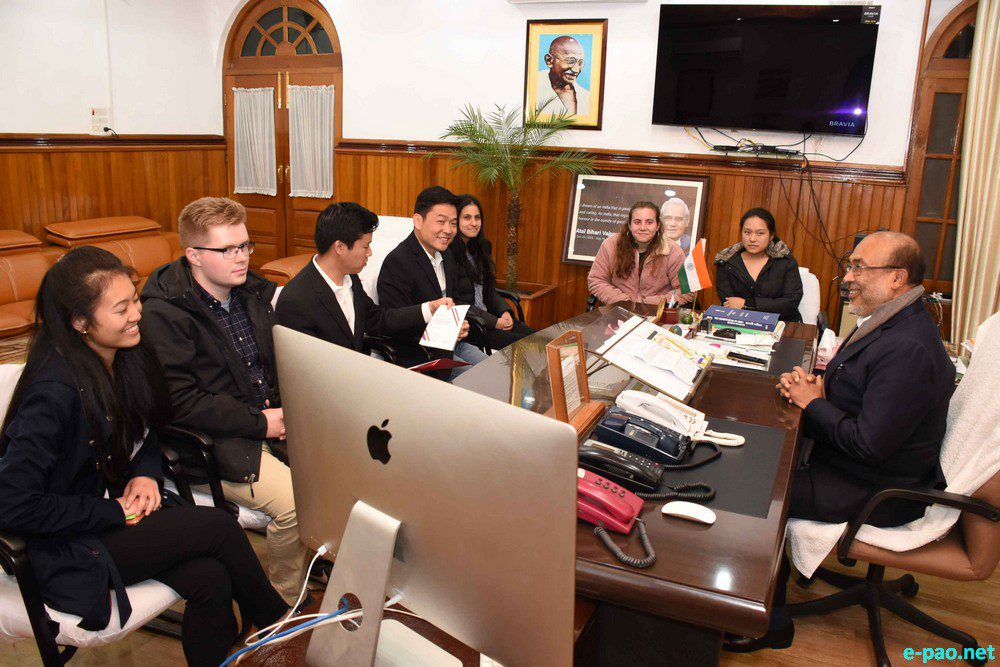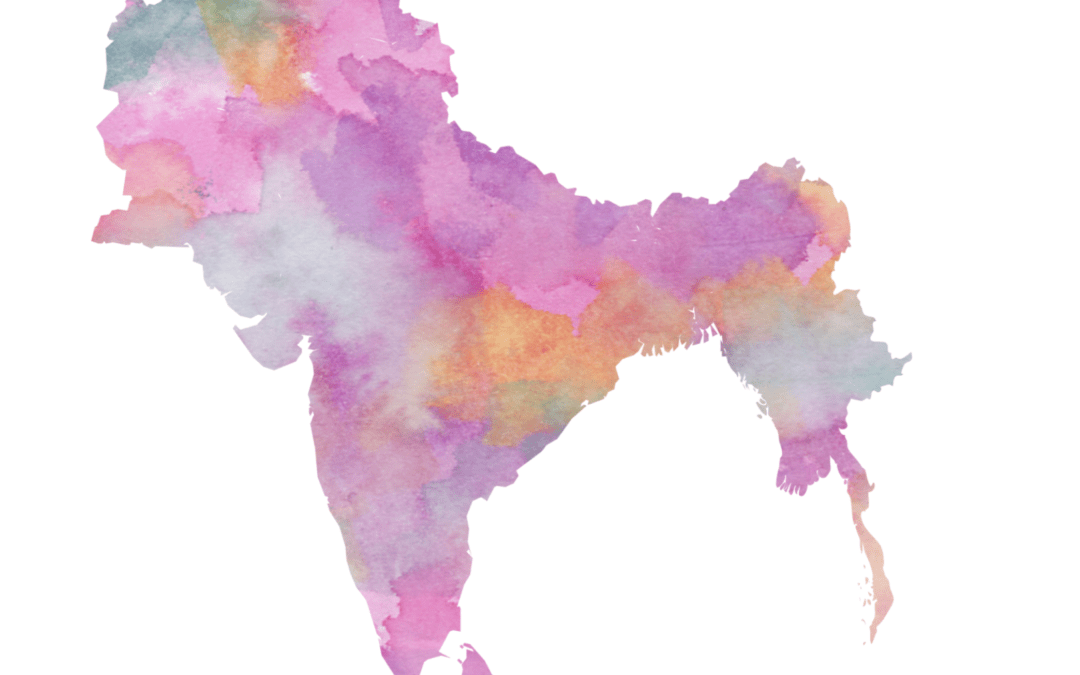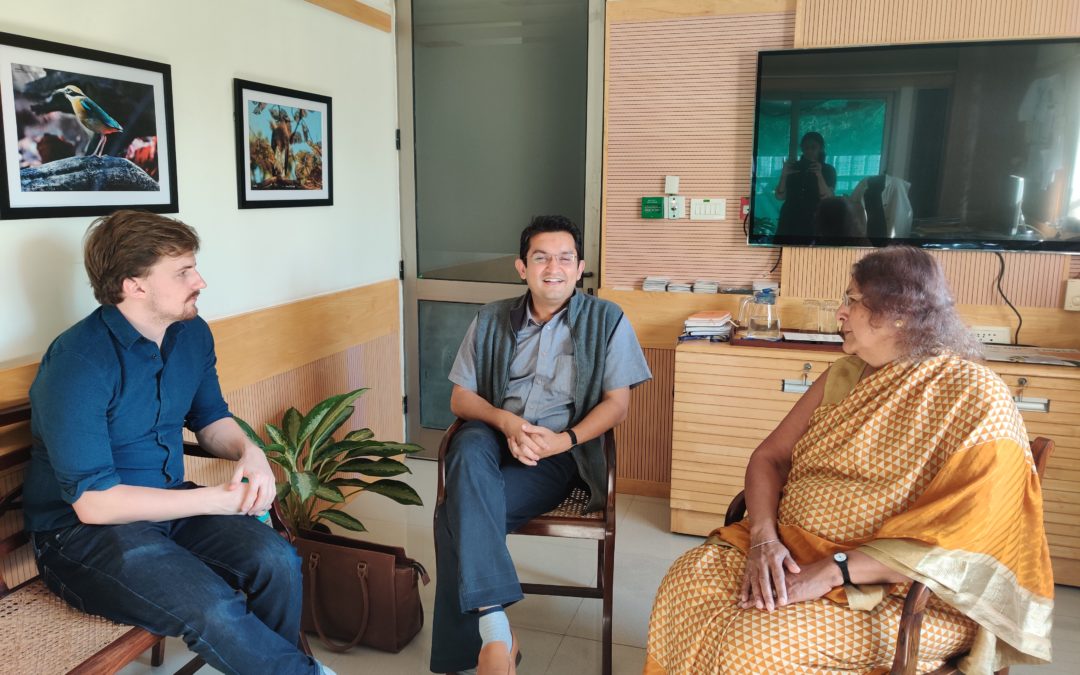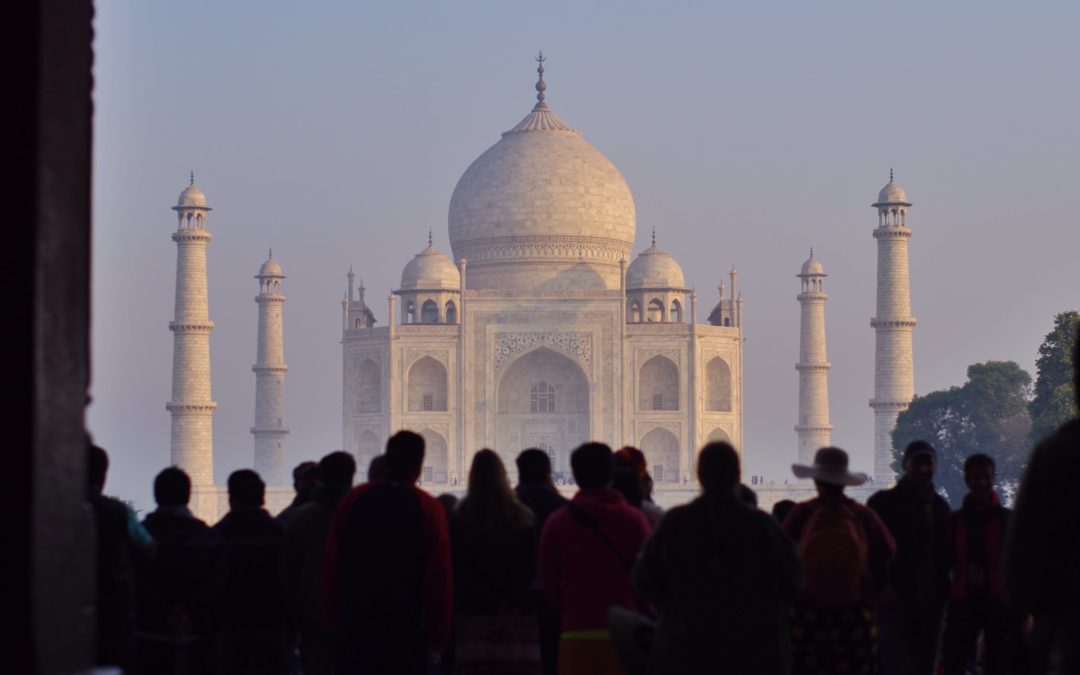Grad Students From Across Campuses Convene on South Asian Studies
Each month, the Mittal Institute’s Graduate Student Associates (GSAs) meet to discuss their latest work on South Asia, spanning various disciplines — from politics to religion and the arts — and providing feedback on one another’s dissertations, articles, and more. Led by Head Graduate Student Associates Aiden Milliff (Ph.D. Candidate in Political Science, MIT), Blair Read (Ph.D. Candidate in Political Science, MIT), and Akshay Dixit (Ph.D., Political Economy, Harvard), the group of about 20 members from schools across Boston provide support and new insights to one another as they work through their studies.

